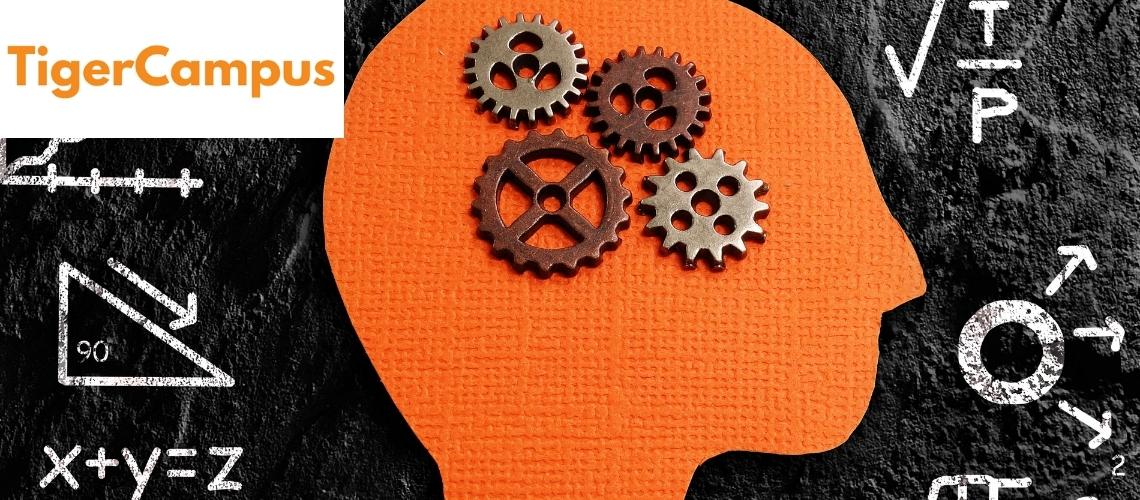Introduction
Math is a skill that lasts a lifetime. The sooner you start teaching it, the better. That’s why I’m here to help you prime your child’s mind for learning math.
Count everything.
Counting is a key skill in math, and it is one that can be taught to children at any age. It is important throughout life—and it’s a skill that can be learned in many different ways. Just like objects helps children understand quantities and numbers as well as how to make them equal by adding or subtracting. For example, if you’re cooking with a young child, let her count out the ingredients for cookies—it will help her see that if we have 5 cups of flour plus 2 teaspoons of baking soda, then our recipe requires 7 cups total; or if there are 20 pieces of paper on the table and we add 5 more pages from your printer, then all together there are 25 sheets left.
Puzzles and patterns
Let your child’s mind roam. Look for patterns in the world around you, and encourage your child to do the same. It might be a tree that has lost its leaves, or a hole in the sidewalk where someone pulled up some of the concrete. It might be the design on your shirt, or how a train runs on tracks when it’s moving. There are so many things to notice around us! Let them run wild with their imaginations and see what they come up with!
Encourage math games like puzzles and pattern-matching games like these: http://www.kinderartland.com/puzzle-games/math/. And don’t forget about science experiments! Learning about science is an excellent way for kids (regardless of age) to develop their mathematical thinking skills by using reasoning skills throughout their experiments—and having fun while doing it!
Get interactive.
- Play games.
- Create a game.
- Make up a game.
- Play with your child, who will enjoy the physical activity and you’ll be able to observe his or her thinking process as they play.
Challenge them.
In order to prepare your child for math, you’ll want to involve them in solving problems. As a parent, this can be easy—you’ll naturally find yourself asking your children questions about numbers and shapes as you go about your day. The trick is to make sure that you’re challenging your child and not just repeating questions over and over again.
When we teach our kids new concepts, we often give them too much information at once. If we tell our four-year-old that there are nine pennies in 10 cents, they may get confused when later asked how much money there is in $1.25 or if someone gives them a quarter instead of change after buying an ice cream cone. Instead of teaching a specific number system or counting system (such as base ten), try focusing on one concept at a time: first teach addition with no carrying allowed; then introduce carrying; finally allow both operations at once by asking students to add up all the numbers together before adding each column individually (e.g., 9 + 7 + 3 = 20).
Create a supportive environment.
- Create a supportive environment.
A child’s environment can have an enormous impact on how they feel about themselves and how they think and behave in the world. Try to create an environment where your child feels safe, valued, comfortable, confident and successful:
- Make sure you are giving your children lots of love, attention and support. Be present in their lives!
- Do not put pressure on them to succeed or perform at any particular level because they might become anxious or afraid instead of excited about learning math.
Encourage positive self-talk.
Encourage positive self-talk.
In psychology, “self-talk” is the way that you talk to yourself about yourself—your thoughts, feelings and actions. In this sense, it’s very similar to our internal monologue. For example: You’re walking home from school and see someone in the distance who looks like your teacher. Your mind wonders if she will notice if you are late or give a detention for being late? That thought process is called a “self-talk”.
Self-talk can be used as a tool for good or bad things depending on how we use it! In other words: If we think negative thoughts about ourselves then those are negative self-talks but if we think positive thoughts about ourselves then those are positive self-talks!
Give kids a positive experience with math early on because it can make all the difference in their lives.
Mathematics is essential to everything from the way you get from point A to point B, to understanding how your cell phone works. It’s a skill that will help your child explore their world in ways you never imagined and can even help them understand their place in it.
It may seem early to be worrying about math when they’re just starting preschool, but studies have shown that children who are encouraged by parents or teachers at an early age are more likely to develop positive associations with math later on. This means that by encouraging your child now, you’ll be setting them up for success later!
Conclusion
It’s never too early to start preparing your child for a successful career in math. With the right tools and experiences, they can be primed to excel in this field.









